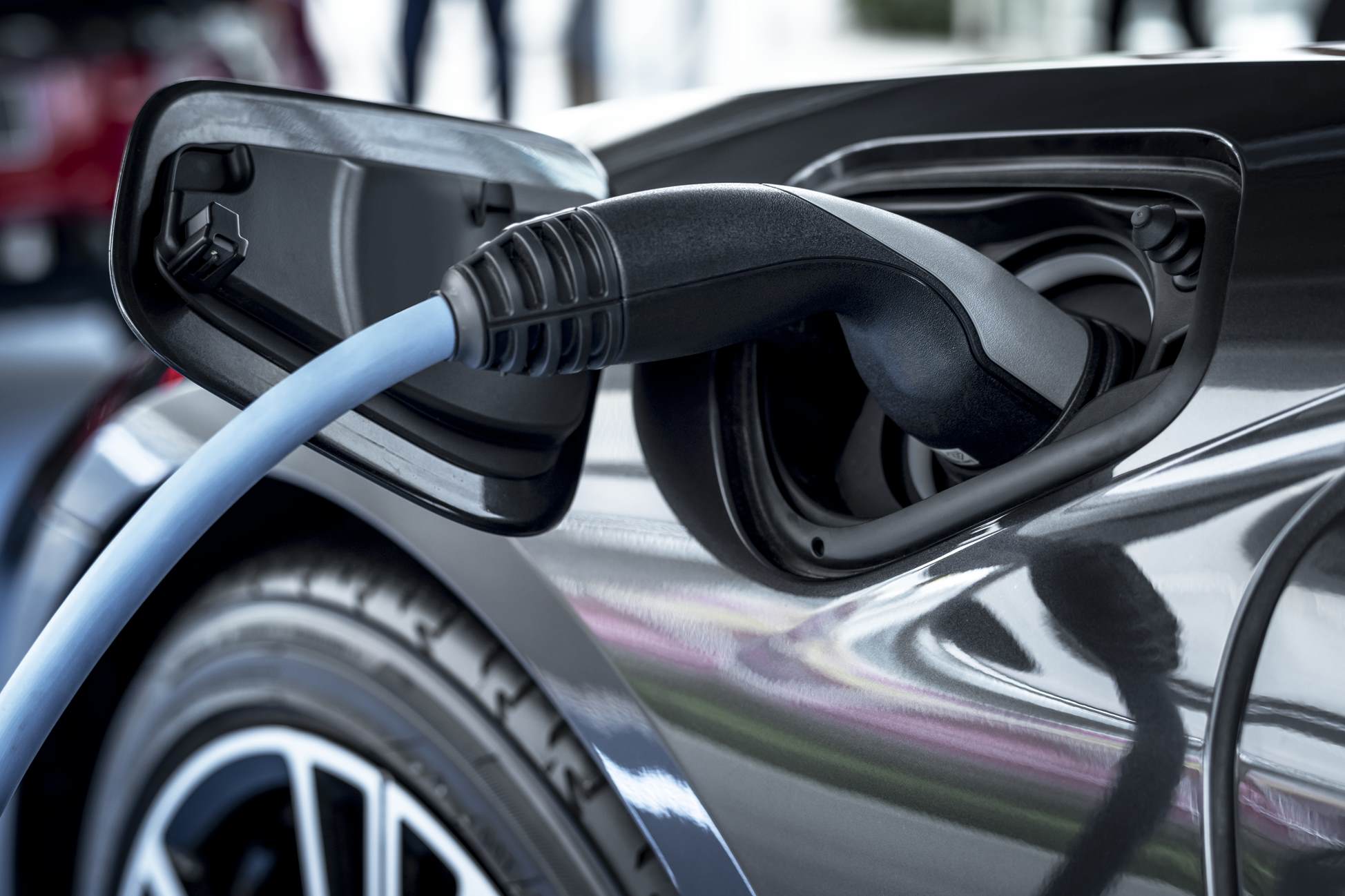A Comprehensive Overview of Grants and Incentives Across Australian States

Electric vehicles (EVs) are gaining in popularity in Australia as more people recognise the benefits they offer, including reduced emissions, lower running costs, and a smoother driving experience. To encourage more Australians to make the switch to electric vehicles, a range of EV charging grants and EV incentives are available from government bodies, private companies, and other organisations.
One of the significant incentives which will benefit both individuals and businesses is the Luxury Car Tax exemption for electric vehicles. This exemption is available for eligible EVs with a retail price of under $84,916, making electric vehicles more accessible and affordable for many Australians. This exemption could potentially save buyers up to $10,000 on the purchase of an EV.
One of the most significant challenges for EV drivers is finding a suitable place to charge their vehicles. The good news is that there are several government and non-government organisations that offer grants to install EV charging stations in homes and workplaces.
In New South Wales, $131 m has been invested into EV fast charging grants, which will co-fund charge point operators to install and operate ultra-fast charging stations at 100 km intervals across the state and a further $20 million has been announced to support the rollout of EV chargers at thousands of tourist destinations across regional NSW. These grants will decrease on the public’s biggest hesitations of EV driving in Australia- long distances through regional towns without access to charging.
The ACT offers a Sustainable Households Scheme that provides eligible households zero-interest loans of up to $15,000 for EV charging infrastructure. The ACT Government has committed to providing 180 public EV chargers by 2025. The Vehicle Emission Reduction Scheme (VERS) aims to promote the acquisition of low-emission vehicles, with no stamp duty charged on electric or hydrogen fuel cell cars from August 1, 2022.
In Northern Territory, there is an Electric Vehicle Charger Grants Scheme that provides funding for the purchase and installation of chargers for residential properties and businesses. Grants of up to $1,000 are available for residential properties, and up to $2,500 for businesses. The scheme will open from 1st July 2022 and will be administered on a first-come, first-served basis. Additionally, from July 2022 to 30th June 2027, there will be no stamp duty fees for EVs up to $50,000 or annual registration fees for EVs.
Victoria has allocated significant funding to accelerate the roll-out of EV charging infrastructure in regional areas and support the charging of EV fleets. The government has set a target for all public transport bus purchases to be zero-emission vehicles (ZEVs) from 2025, and $20 million has been allocated for a ZEV public transport bus trial. Additionally, the government has allocated $10 million to replace 400 vehicles in the Victorian Government Fleet with ZEVs and established a $5 million Commercial Sector Zero Emissions Vehicle Innovation Fund. There is also a subsidy of $3,000 available for eligible new EVs purchased on or after 2nd May 2021 under the threshold of $68,740.
Western Australia has committed $20 million to support the development of an EV charging infrastructure network, including an $800,000 investment for government buildings to install charging stations in support of the state government’s EV fleet targets. Energy Policy WA has also received $10 million over 2022-23 and 2023-24 to provide grants of up to 50% of the cost of installing EV charging infrastructure for small and medium-sized businesses and not-for-profits. A $3,500 rebate is available for the first 10,000 people who purchase an electric vehicle valued under $70,000.
South Australia also offers a 3-year registration fee exemption for new EVs registered up until 30 June 2025, a $3,000 subsidy for the first 7,000 EVs priced up to $68,750, and a rebate of up to $2000 for the first 7,500 EV smart home chargers. Additionally, the South Australian government has been awarded a $12.35 million grant to construct a statewide charging network.
The Queensland (QLD) government has introduced a rebate scheme with a total of $45 million committed to it. The scheme includes a $6,000 rebate for new EVs sold up to $68,000, with a household income of less than $180,000. Households earning more than $180,000 per year are eligible to receive a $3,000 rebate. Additionally, EVs in QLD are subject to lower car registration fees ($263 per year) and a lower stamp duty rate. The QLD government has also committed $10 million to co-fund the installation of more public EV charging options, in partnership with local government and industry.
Aside from the grants and incentives mentioned above, there are many other benefits and cost savings associated with owning an EV. EVs are cheaper to run than traditional petrol or diesel vehicles, and they emit fewer greenhouse gases. Furthermore, many public EV charging stations are free to use, and some employers offer free EV charging to their staff.
EVs are also exempt from some road tolls and congestion charges, and in some cases, EV owners are entitled to reduced registration fees. EVs are also generally cheaper to maintain than traditional vehicles as they have fewer moving parts and require less frequent servicing.
In summary, EVs and EV charging stations are becoming more accessible and affordable in Australia due to the various grants and incentives on offer. From government grants for EV charging stations to incentives for EV purchases, there are many ways to save money and reduce emissions when switching to an EV. Additionally, EVs offer a range of other benefits, such as reduced running costs and environmental impact, making them an increasingly attractive option for Australian drivers.
Please contact a member of our team if you have any questions about EV charging grants and EV incentives available in your state,
sales@evse.com.au


